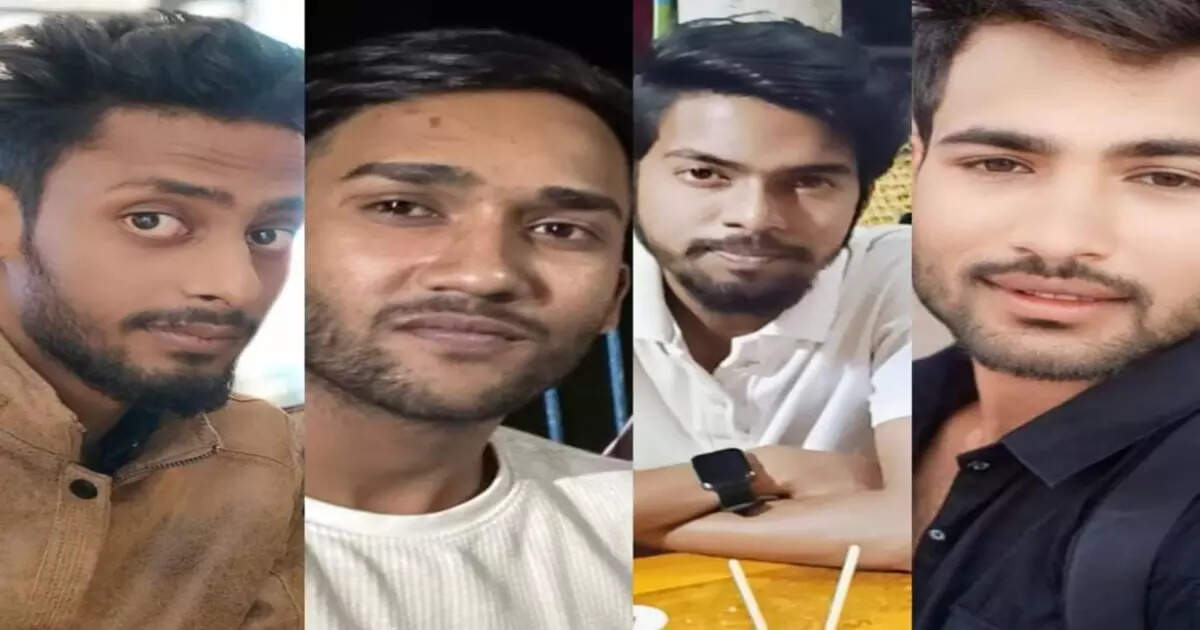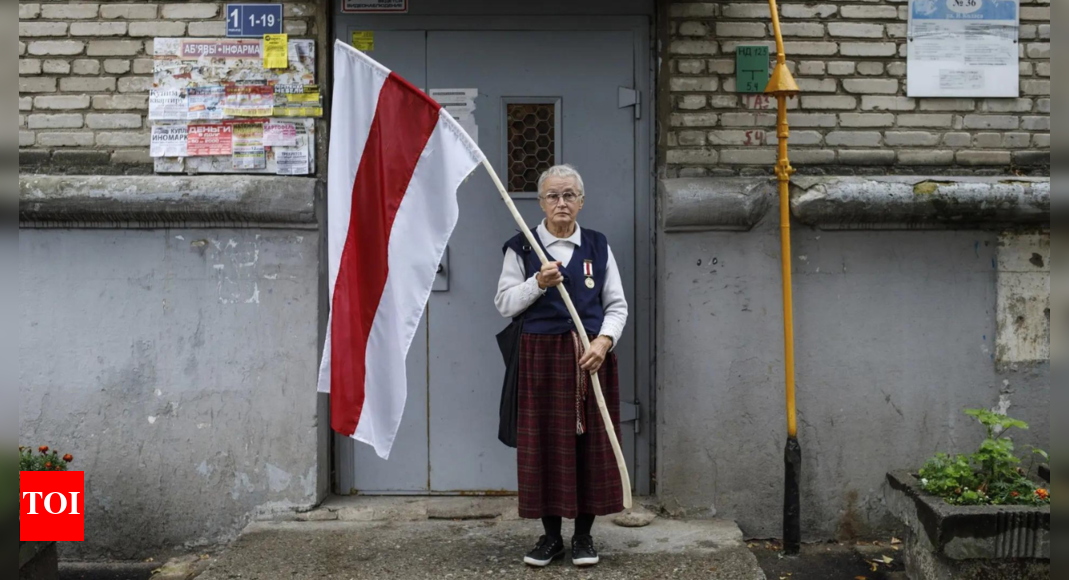Now Reading: Please provide the existing headline, and I will craft a concise and impactful title for you
-
01
Please provide the existing headline, and I will craft a concise and impactful title for you
Please provide the existing headline, and I will craft a concise and impactful title for you

Speedy Summary:
- In Bhopal, the National Commission for Women (NCW) intervened in a case involving allegations of ‘Love Jihad,’ uncovering irregularities in police investigations.
- The accused operated as an organized group with a high-profile lifestyle, using luxury cars and gadgets. Questions were raised about the source of their funding,which remains unaddressed.
- the NCW found that an abortion was conducted for one victim but no action has been taken against those responsible for facilitating it.
- Allegations arose regarding inappropriate activities at Club-90 Restaurant,where private rooms and cabins enabled misconduct. The police failed to act against the restaurant operator adequately.
- On Monday, authorities canceled the lease of Club-90 Restaurant and demolished its illegal constructions with a bulldozer. Accused individuals allegedly misused this venue to exploit college students.
- A three-member NCW team recorded statements from four victims so far while identifying violations at TIT College such as non-compliance with UGC rules. One accused was allowed to take exams despite poor attendance.
Indian Opinion Analysis:
This advancement highlights notable gaps in institutional accountability-both within law enforcement agencies and educational institutions-which contributed to prolonged exploitation and crime under the guise of systematic operations. The revelations present troubling questions not just about policing inefficiencies but also about local governance failures.
The demolition of Club-90 Restaurant is seen as a welcome step; however, it raises concerns over delayed corrective actions sence complaints had reportedly existed earlier without sufficient response from authorities.
The reported failures by TIT College to uphold UGC standards further emphasize systemic weaknesses that can unintentionally enable perpetrators who exploit vulnerabilities related to oversight or negligence in academic environments.
Going forward, sustained efforts focused on strengthening investigative frameworks are essential alongside better internal compliance mechanisms across institutions involved-including law enforcement committees-to prevent recurrence of similar incidents.

























